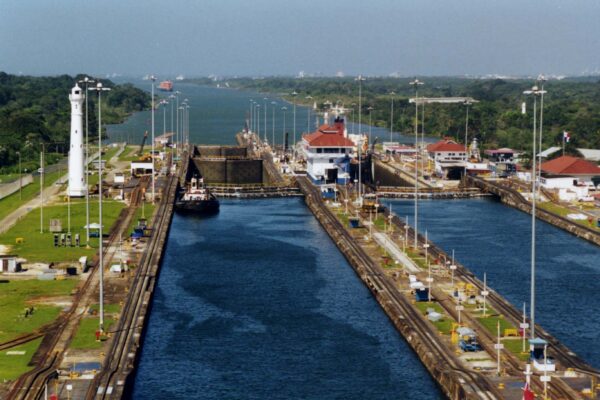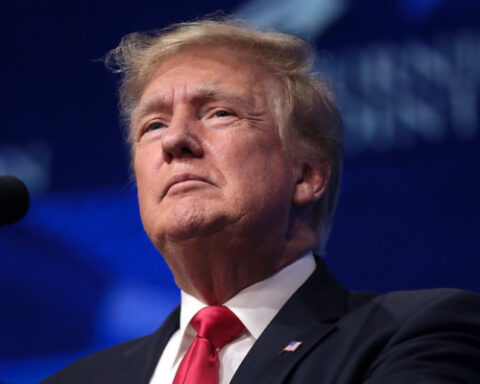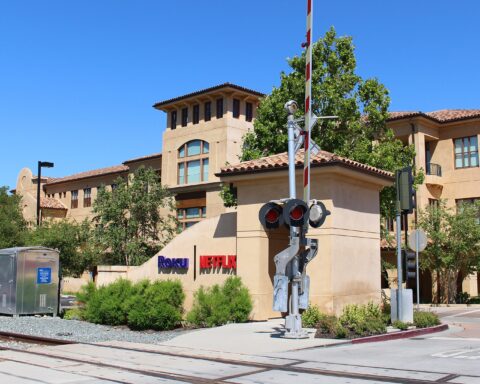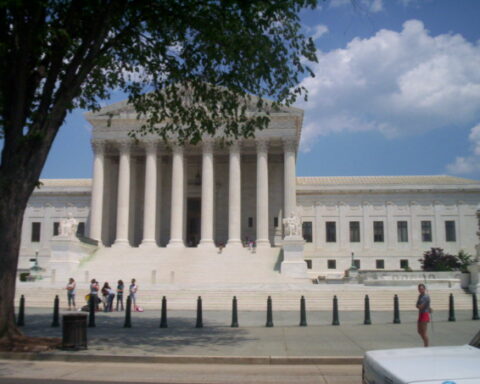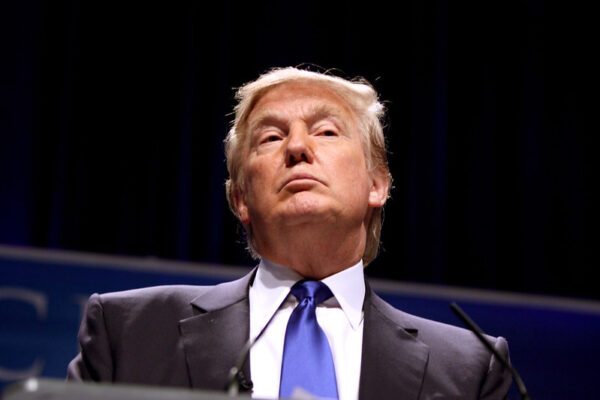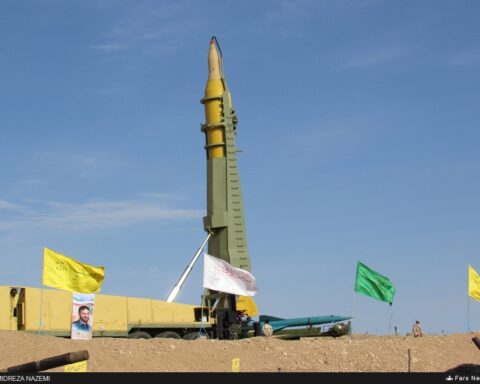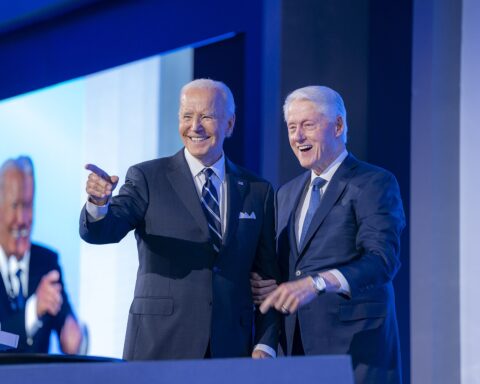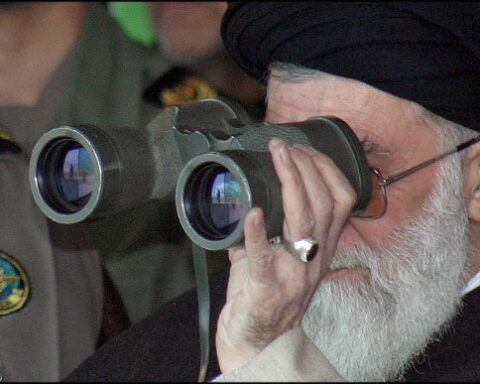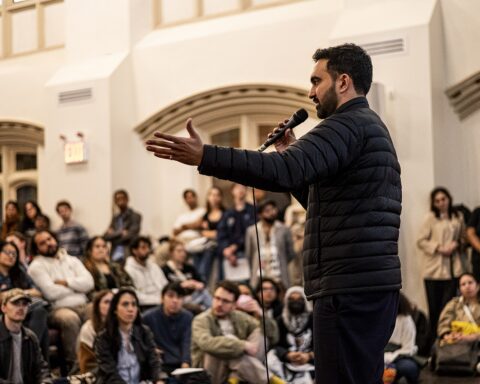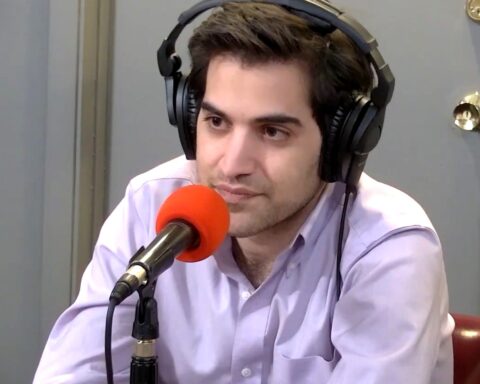On Thursday, Panamanian President José Raúl Mulino reportedly refuted the U.S. State Department’s claims that his nation has consented to unfettered passage of U.S. government vessels via the Panama Canal, which has disrupted the two nations’ negotiations over the waterway.
Mulino described the U.S. announcement as “lies and falsehoods,” claiming that the day before, he had informed Defense Secretary Pete Hegseth that he lacked the legal power to waive transit fees for anyone.
He claimed to have asked Panama’s envoy in Washington to refute the assertion made by the State Department.
Three days after Secretary of State Marco Rubio traveled to the nation to meet with Mulino and take a tour of the canal, the news was made.
In his criticism of China’s alleged influence over the waterway, President Trump has repeatedly threatened to “take back” the Panama Canal and termed the payments absurd.
The Panama Canal, one of the most costly and intricate infrastructure projects ever constructed, was opened by the United States in 1914.
In accordance with a pact struck with then-President Jimmy Carter more than 20 years prior, it gave it up to Panama in 1999.
Trump wants the canal returned to American hands because he has always thought the arrangement was bad for the United States.
Mulino stated that he would meet with Trump around 3:30 p.m. on Friday. He reaffirmed that China had no influence over the canal and claimed that the fees were insignificant compared to what the United States would pay.
According to those involved with the talks, both governments had decided to look into the potential of allowing U.S. Navy ships to pass freely during Rubio’s visit.
To make sure that such a step wouldn’t violate the 1977 canal treaty, which has a clause requiring Panama to give equitable treatment and payment terms to all canal users, Panamanian officials warned that legal research would be necessary.
Giving some ships free access is unprecedented, according to Canal officials, and could result in several lawsuits from other Canal users alleging that U.S. ships receive preferential treatment.
Because the canal is too wide, large U.S. Navy ships, such as aircraft carriers, are unable to pass through it.
Navy crossings are relatively rare, according to canal officials, with an average of 40 ships passing through the channel year, or less than 0.5 percent of all ships that transit.
According to reports, the action would save the U.S. Navy about $13 million a year out of the $850 billion Defense Department budget.
[READ MORE: El Salvador Offers to Take in America’s Unwanted Illegal Migrants and Criminals]

